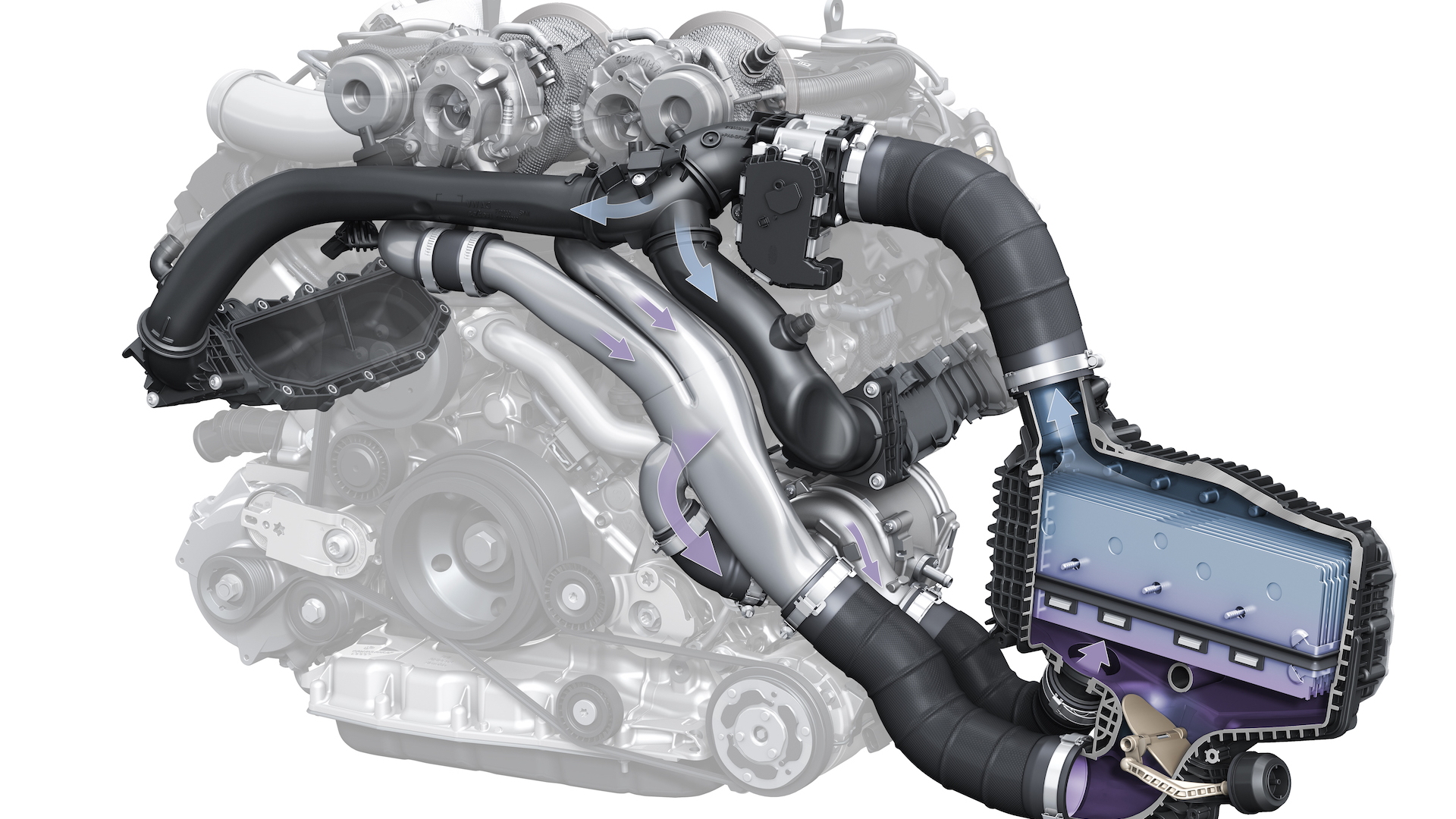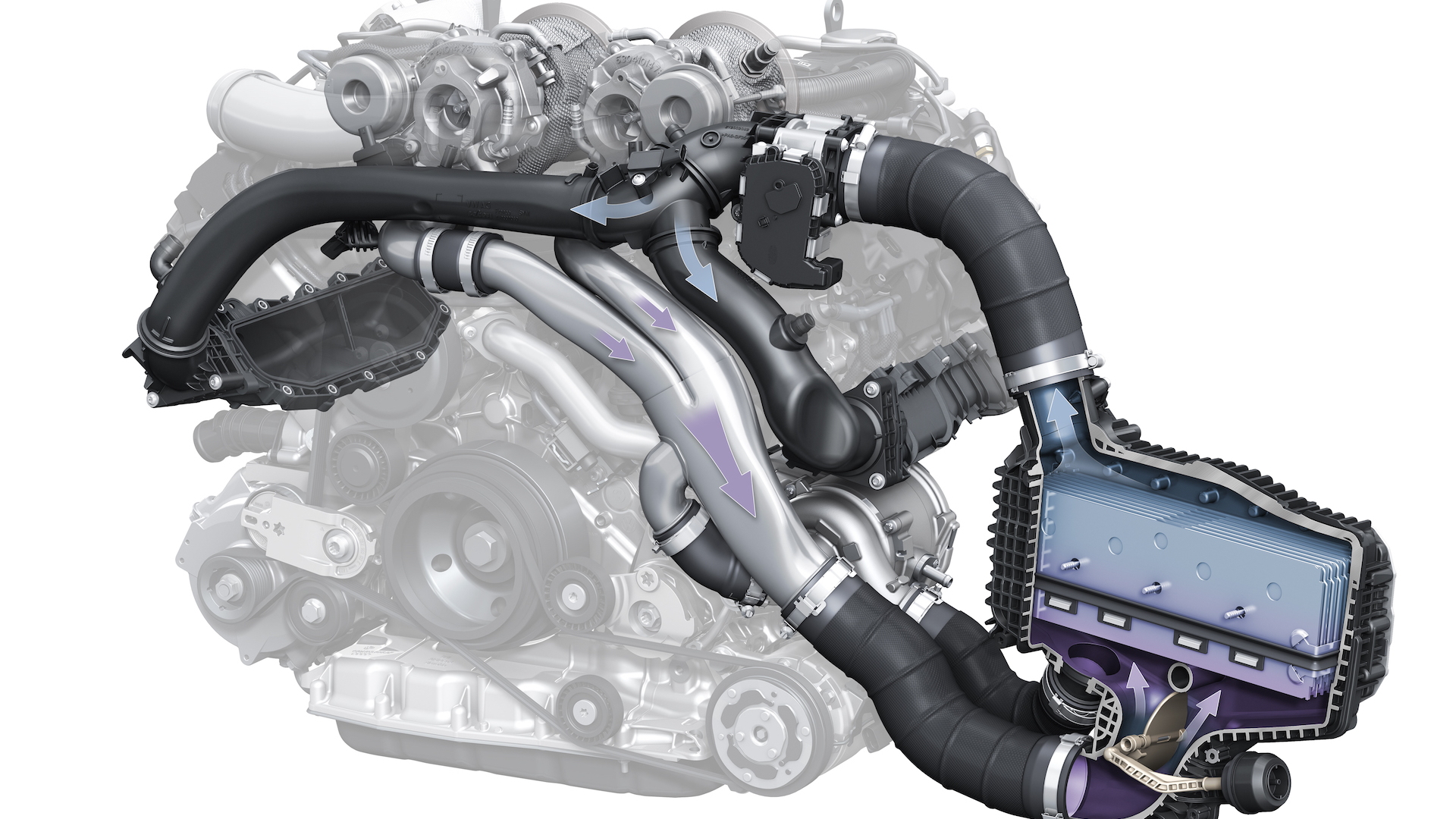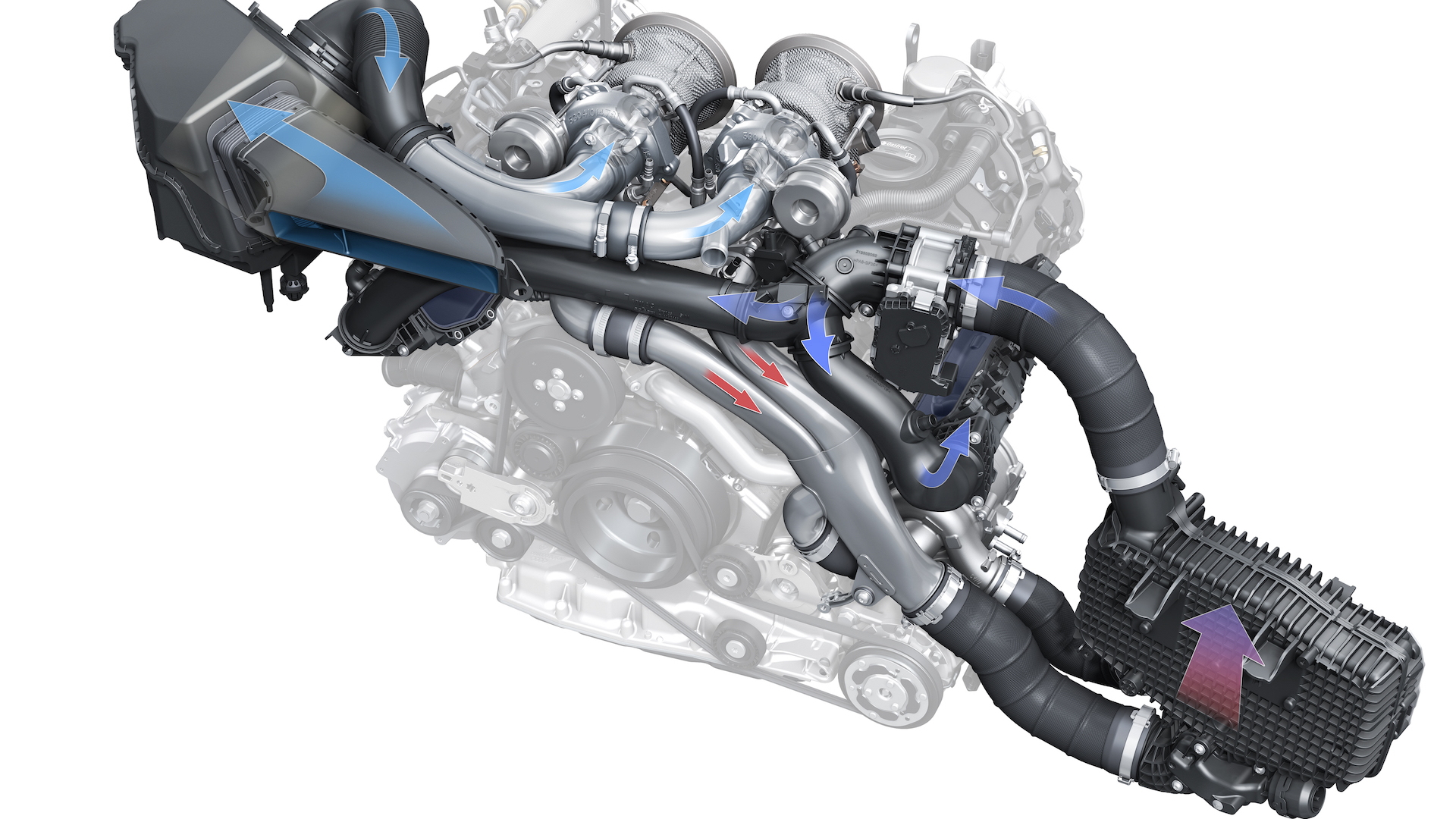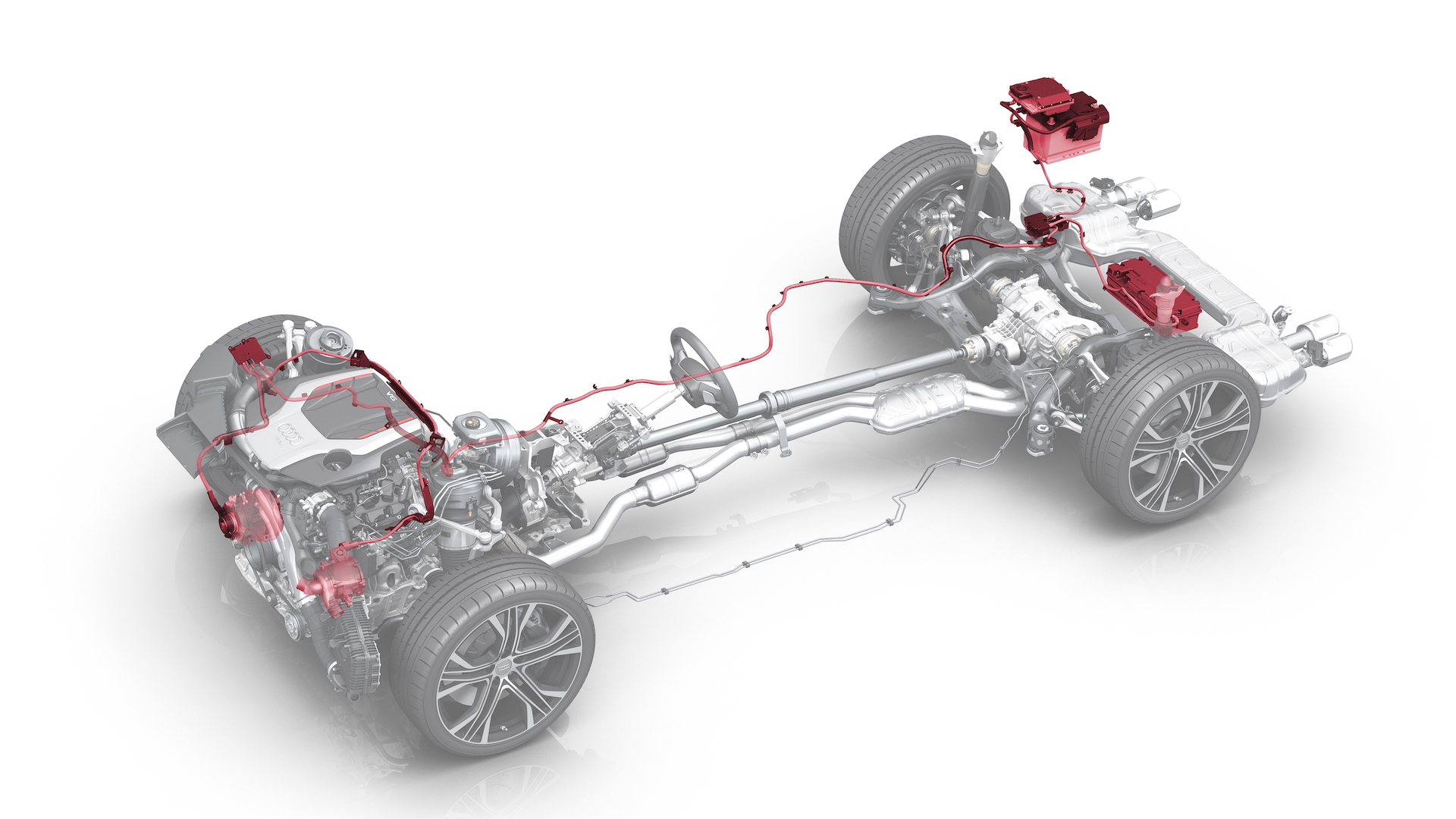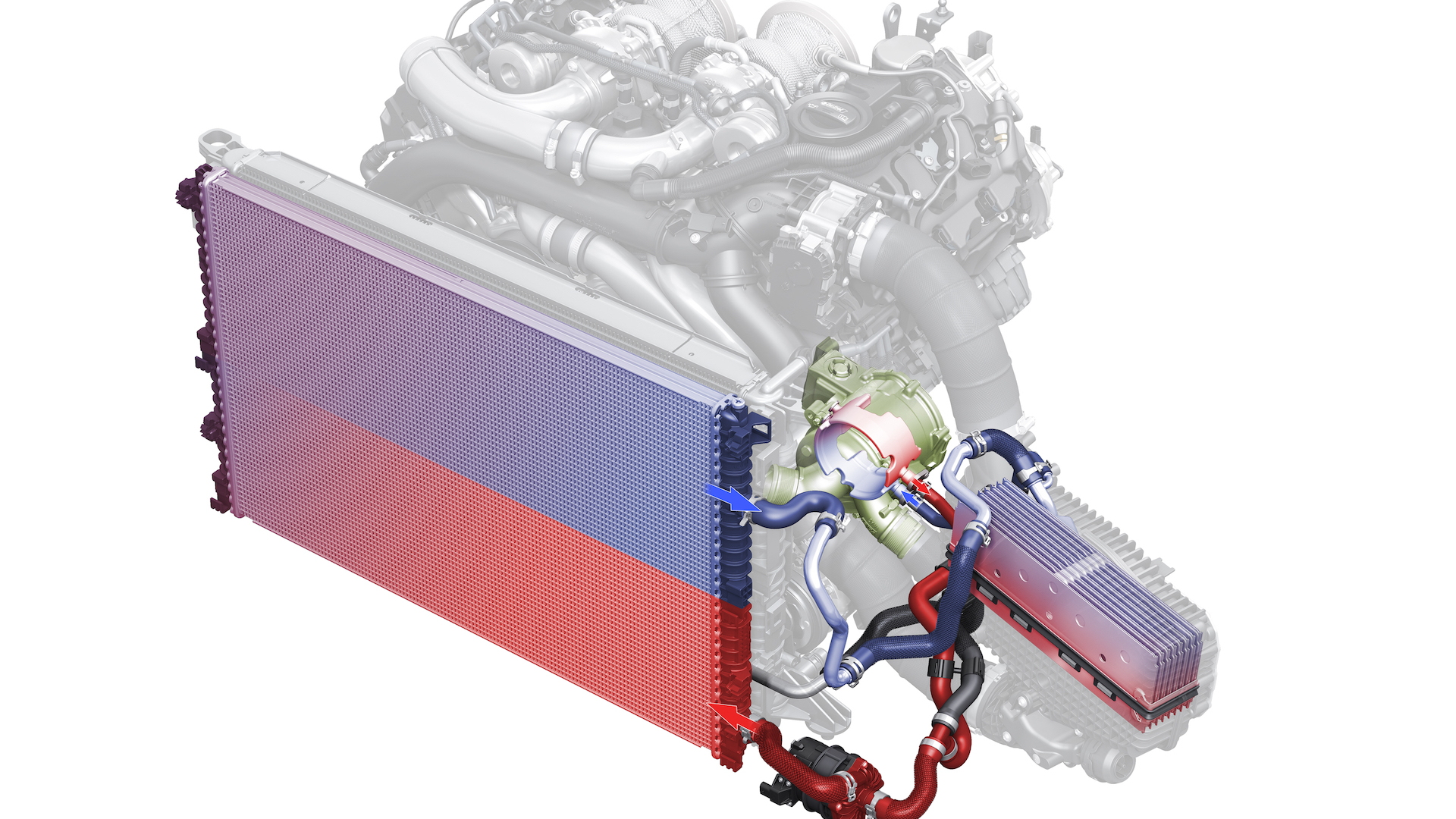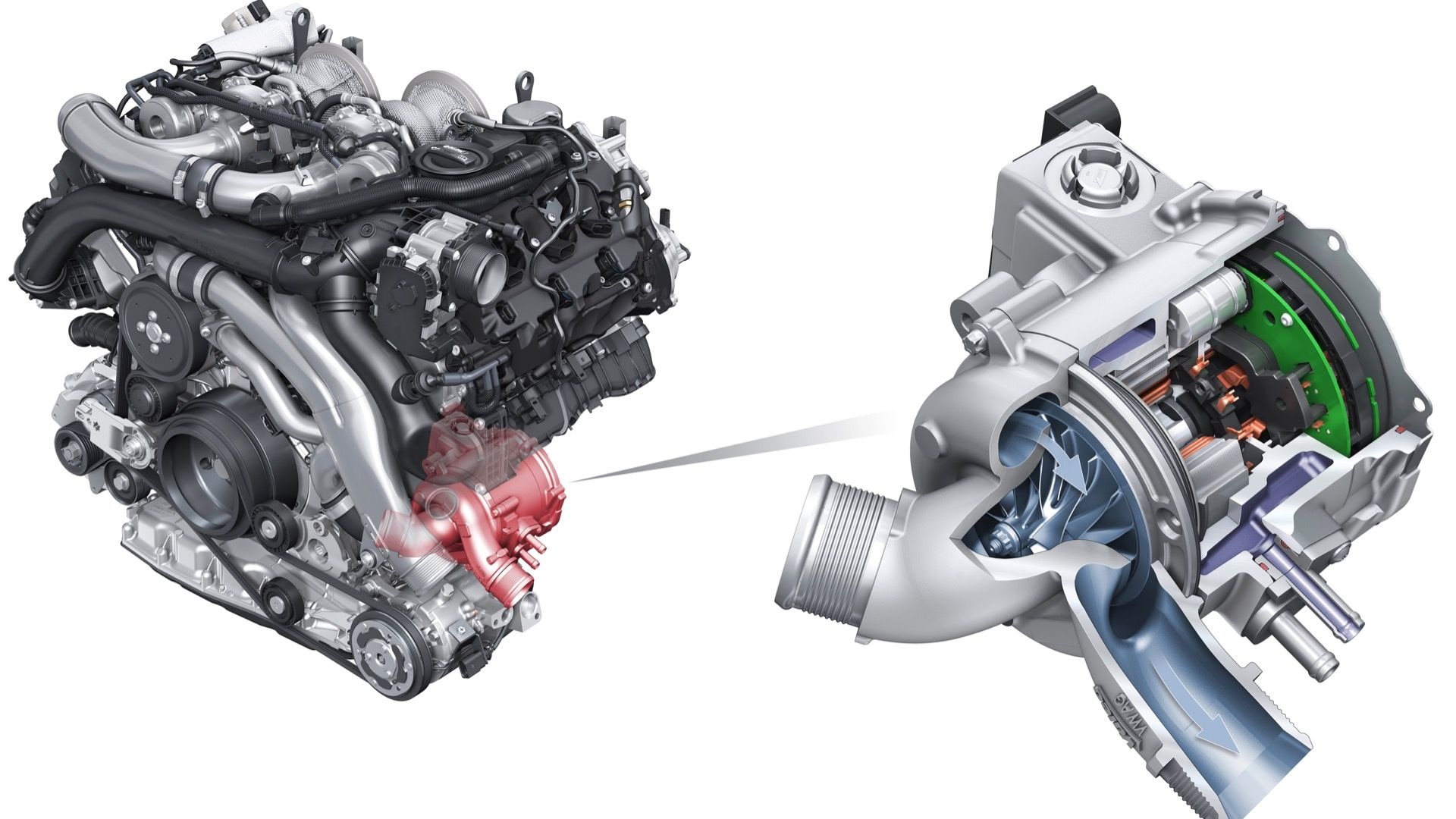Electric power isn't just for driving the wheels of a car. Audi uses electric turbochargers to defeat dreaded turbo lag and make engines more responsive. Here's how it works.
Conventional turbochargers use exhaust gases to spin a turbine, driving more air into the engine. More air means more combustion, and more combustion means more power. That's the good part. The bad part is that exhaust-driven turbos need to reach a certain speed to work effectively. At low engine speeds, the volume of exhaust gases is too low to get the turbos working. As engine speeds rise, the turbos spool up and begin creating boost.
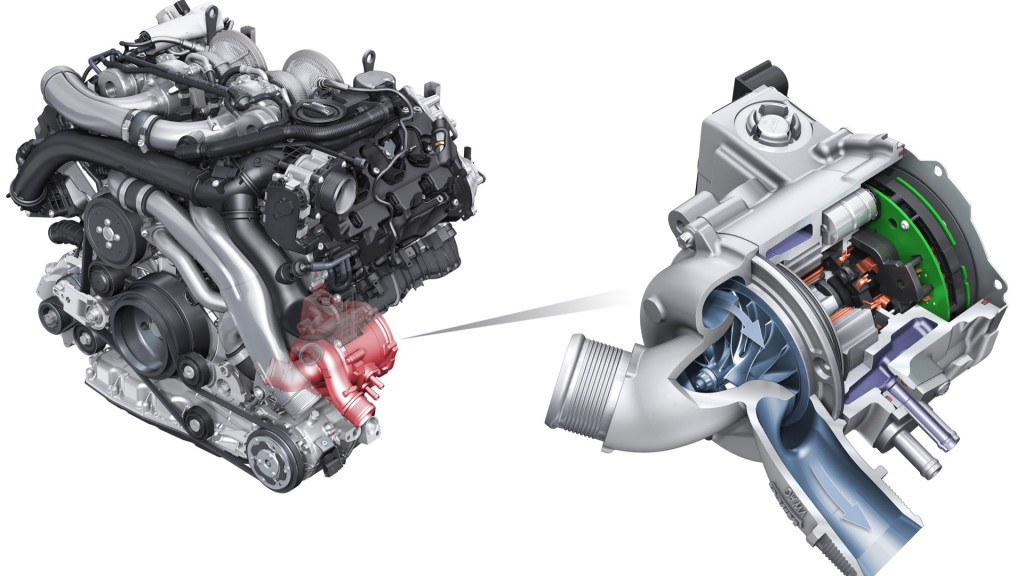
Audi electric turbocharger
Turbo lag is the sensation of stepping on the gas pedal and waiting power delivery as the turbo spools up. While automakers have gotten better at reducing turbo lag, delivering response close to that of naturally aspirated engines, electric turbochargers can further narrow that gap.
Instead of exhaust gases, electric turbos are spun by electric motors. Audi uses a 48-volt electrical system for power, which harvests energy from braking and stores it in a small lithium-ion battery pack. The electric-turbo hardware adds 22 pounds, but reduces throttel response time to 250 milliseconds, which is quicker than a human's reaction time, according to Audi.
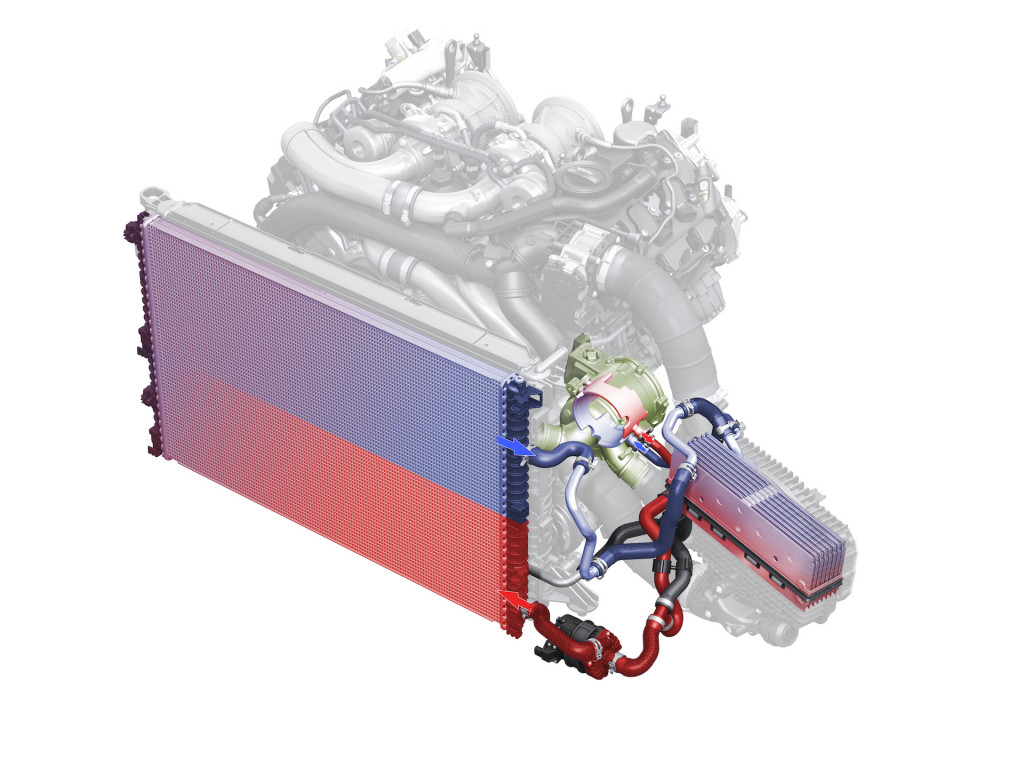
Audi electric turbocharger
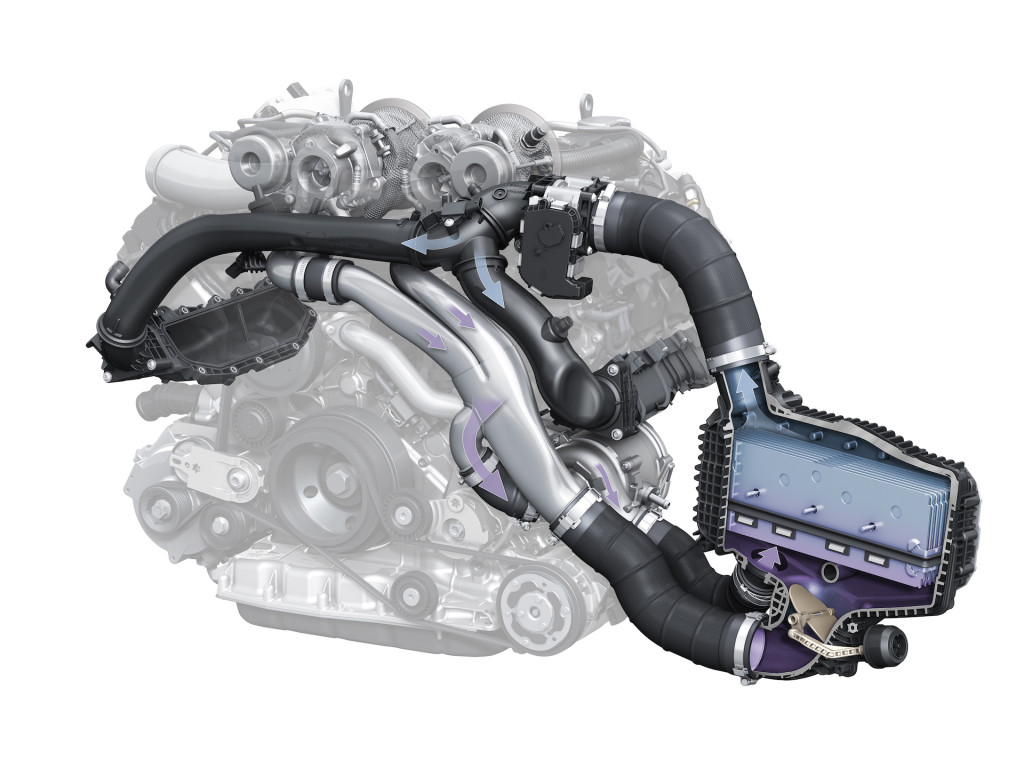
Audi electric turbocharger
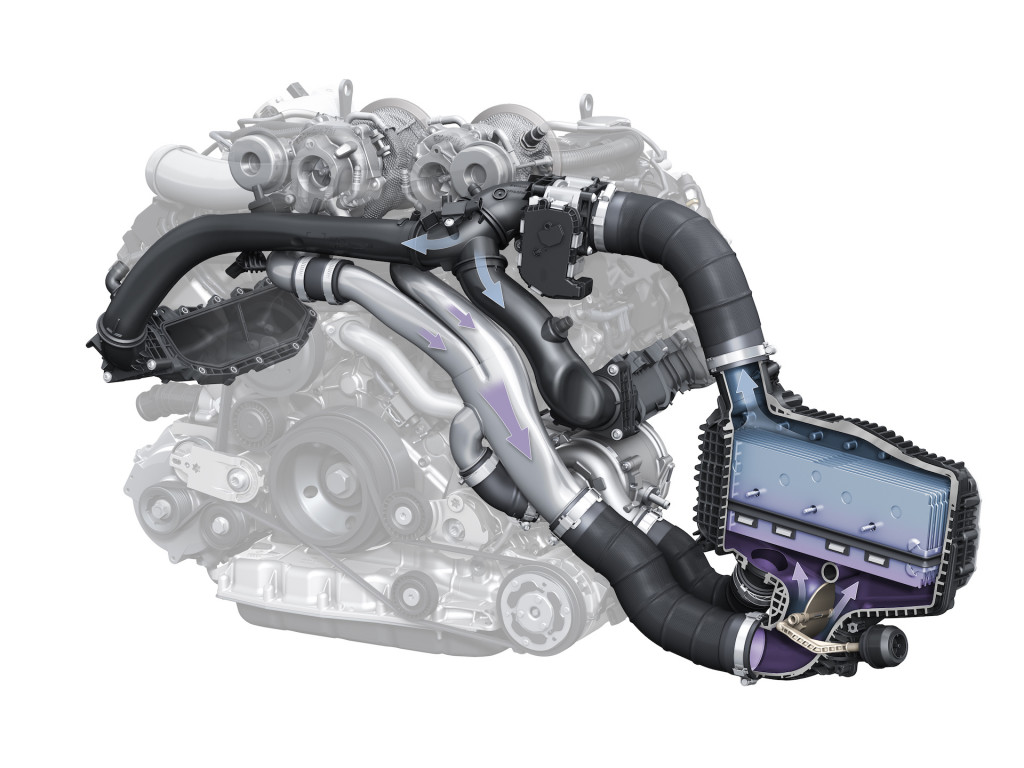
Audi electric turbocharger
Audi has offered electric turbos in other markets for a few years, but the technology is only just now coming to the United States in the 2020 S6 and S7. In those cars, the electric turbo (which Audi calls an "electric powered compressor," or EPC) works with two conventional turbos on a 2.9-liter V-6. The electric unit is mounted downstream of the exhaust-driven turbos and upstream of an air-to-water intercooler.
At low engine speeds, the electric turbo activates and spins at up to 70,000 rpm, keeping power output consistent. At higher engine speeds, a valve closes and air is directed through different paths into the engine.
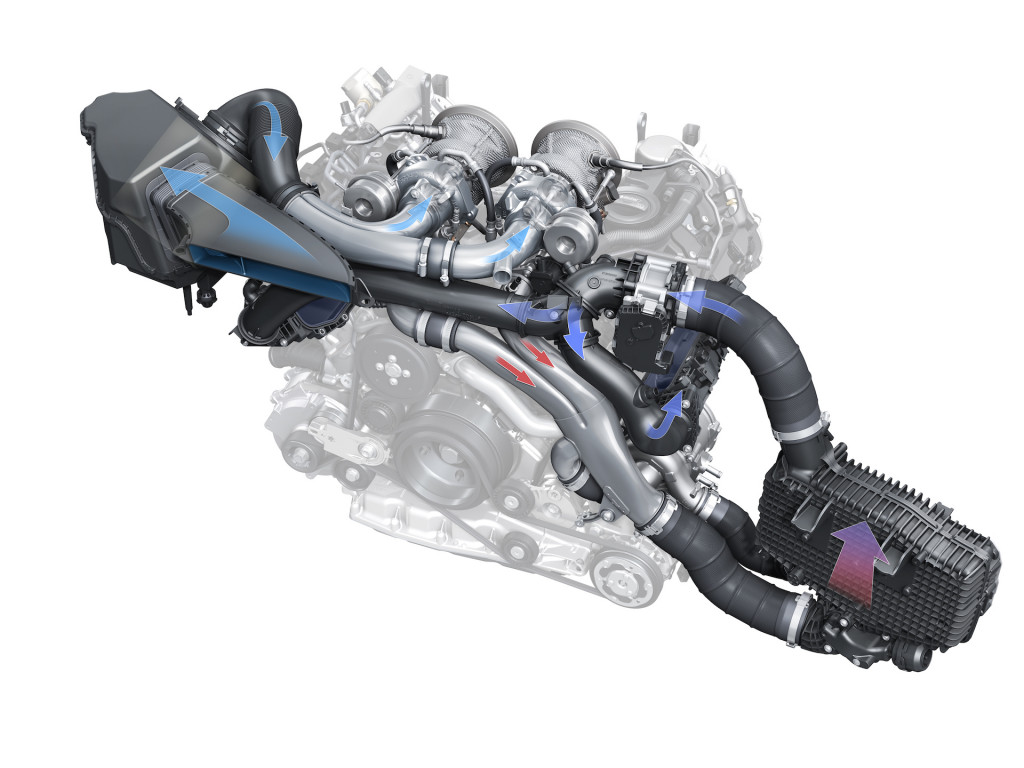
Audi electric turbocharger
The 2020 S6 and S7 both make 444 horsepower and 443 pound-feet of torque, which is 37 lb-ft more than their turbo V-8 predecessors, Audi noted. The automaker claims responsiveness in real-world driving also rivals that of the larger 4.0-liter V-8. By downsizing the engine, Audi was also able to achieve better gas mileage. The 2020 S6 and S7 are both rated at 22 mpg combined, up from 18 mpg combined for the V-8 versions.
